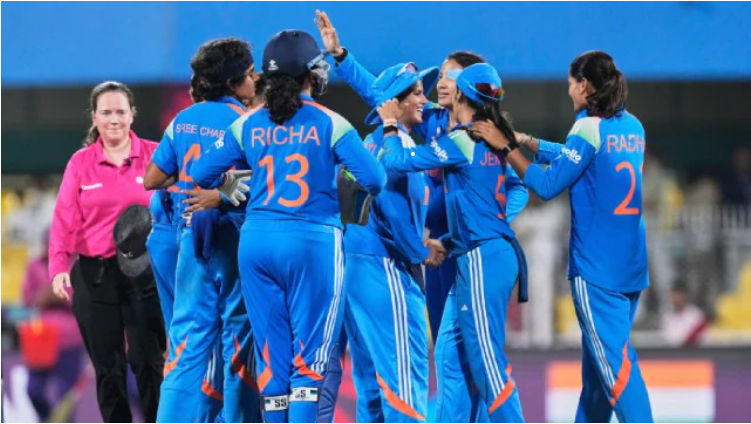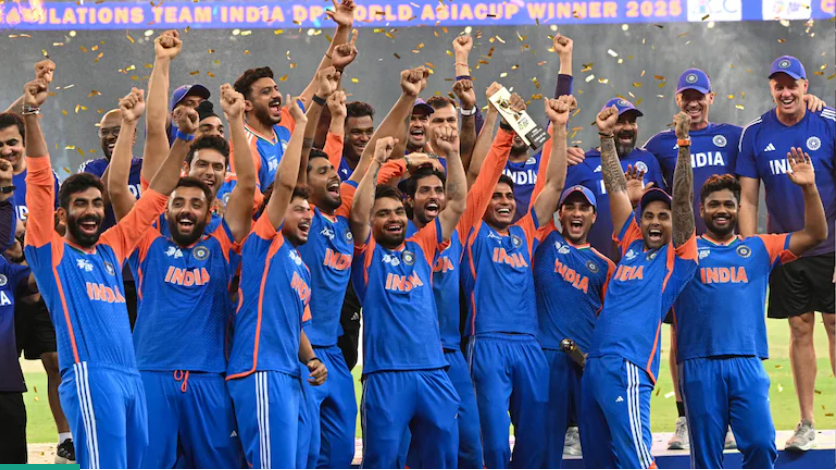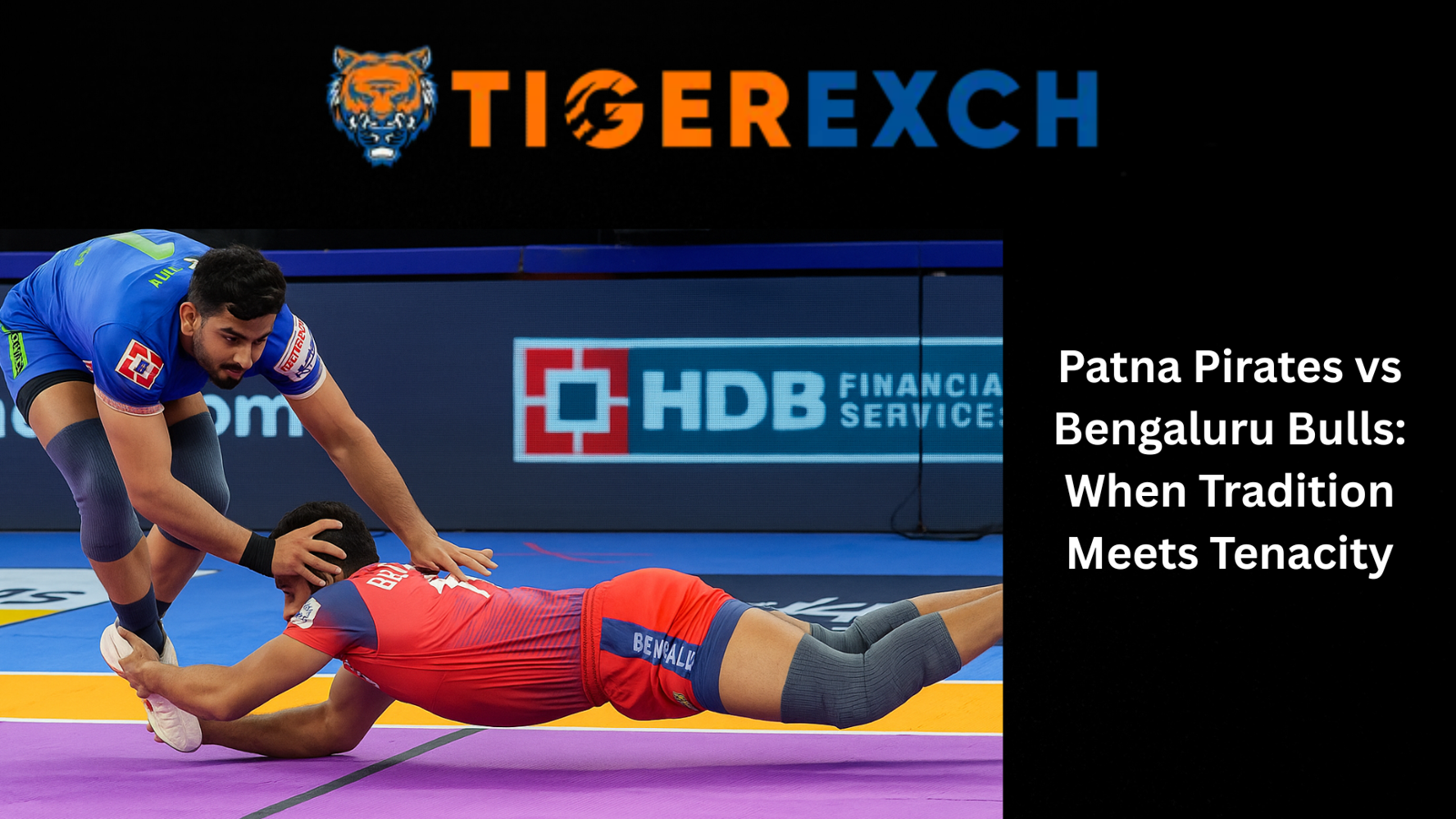
In a move that took many fantasy sports enthusiasts by surprise, Dream11 and MPL (Mobile Premier League) have temporarily paused their cash-based contests. The reason? Increasing regulatory scrutiny over online gaming in India. For millions of users who participate daily, this pause has created uncertainty—but it also reveals a bigger story about the evolving gaming landscape.
Why Cash Games Are on Hold
Fantasy sports in India have exploded over the past few years. Platforms like Dream11 and MPL claim their games are skill-based, but regulators are paying closer attention to real-money contests. With multiple states tightening laws on online gambling, companies are treading carefully.
A spokesperson from Dream11 hinted that the suspension is a precautionary measure:
“We are reviewing compliance guidelines to ensure all contests adhere to existing laws. User safety and regulatory compliance are our top priorities.”
For MPL, the message was similar: the pause isn’t permanent, but necessary until the legal framework becomes clearer. Essentially, both platforms want to avoid any penalties or legal entanglements while keeping their long-term operations safe.
How Users Are Reacting
Not surprisingly, many users are frustrated. Take Rohit, a 26-year-old from Mumbai:
“I play cash contests every week. The pause feels sudden, and honestly, I don’t know where else to go.”
This sentiment is common. For some, fantasy sports are purely recreational; for others, they’re a side hustle. The suspension has left both groups looking for alternatives or free leagues. Social media forums and gaming groups are buzzing with discussions on where to play next and which platforms still allow cash-based contests.
A Shift Toward Alternatives
Interestingly, this regulatory shake-up has driven users toward other platforms, such as Tiger Exchange. Unlike traditional fantasy sports apps, Tiger Exchange offers a blend of real-time betting, gamified trading, and prediction markets.
One reason for the shift is the instant payouts and variety of options. Users who are used to daily cash contests now have a platform where they can continue playing without long delays. Moreover, Tiger Exchange has focused on responsible gaming, providing tutorials and tools for players to manage stakes carefully—a feature increasingly valued by users concerned about compliance and safety.
This migration shows that demand for skill-based cash games remains high, even when the big platforms pause their offerings. Tiger Exchange and similar alternatives are filling a gap while the major players navigate legal hurdles.
What This Means for the Industry
The fantasy sports sector is at a critical juncture. Companies now have to balance user experience with regulatory compliance. Analysts believe this period could be beneficial in the long run, forcing platforms to:
Invest in better fraud detection and secure payment channels.
Educate users about responsible gaming.
Develop transparent rules to avoid legal conflicts.
Platforms like Dream11 and MPL may also explore partnerships with financial institutions or payment gateways to ensure smoother operations. Meanwhile, competitors like Tiger Exchange are using this opportunity to expand their user base.
Looking Ahead
For players, the key takeaway is that the online gaming landscape in India is shifting rapidly. While Dream11 and MPL remain dominant, the rise of alternatives shows that users are adaptable. Platforms that combine legal compliance, instant cash options, and engaging gameplay will likely capture attention in the months ahead.
Regulatory clarity will be crucial. Until then, users may continue exploring platforms like Tiger Exchange for skill-based contests with real stakes, and major platforms will work to resume cash games safely.
In the end, this temporary pause highlights a larger trend: India’s online gaming ecosystem is maturing, and both companies and users are learning to navigate its evolving rules.




















Write a comment ...